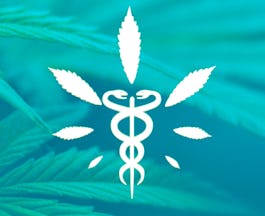Filter by
The language used throughout the course, in both instruction and assessments.
31 results for "pharmacology"

Imperial College London

Icahn School of Medicine at Mount Sinai
Skills you'll gain: Bioinformatics

University of Colorado Boulder

Technion - Israel Institute of Technology
Skills you'll gain: Human Learning
 Status: Free
Status: FreeUniversity of Geneva

Icahn School of Medicine at Mount Sinai
Skills you'll gain: Matlab
In summary, here are 10 of our most popular pharmacology courses
- Global Disease Masterclass: Non-communicable Diseases: Imperial College London
- Network Analysis in Systems Biology: Icahn School of Medicine at Mount Sinai
- Impacting the Opioid Crisis: Prevention, Education, and Practice for Non-Prescribing Providers: University of Michigan
- History of Medical Cannabis: University of Colorado Boulder
- Medical Cannabis for Pain Control: Technion - Israel Institute of Technology
- Troubles du spectre de l'autisme : biologie et neurosciences: University of Geneva
- Dynamical Modeling Methods for Systems Biology: Icahn School of Medicine at Mount Sinai











